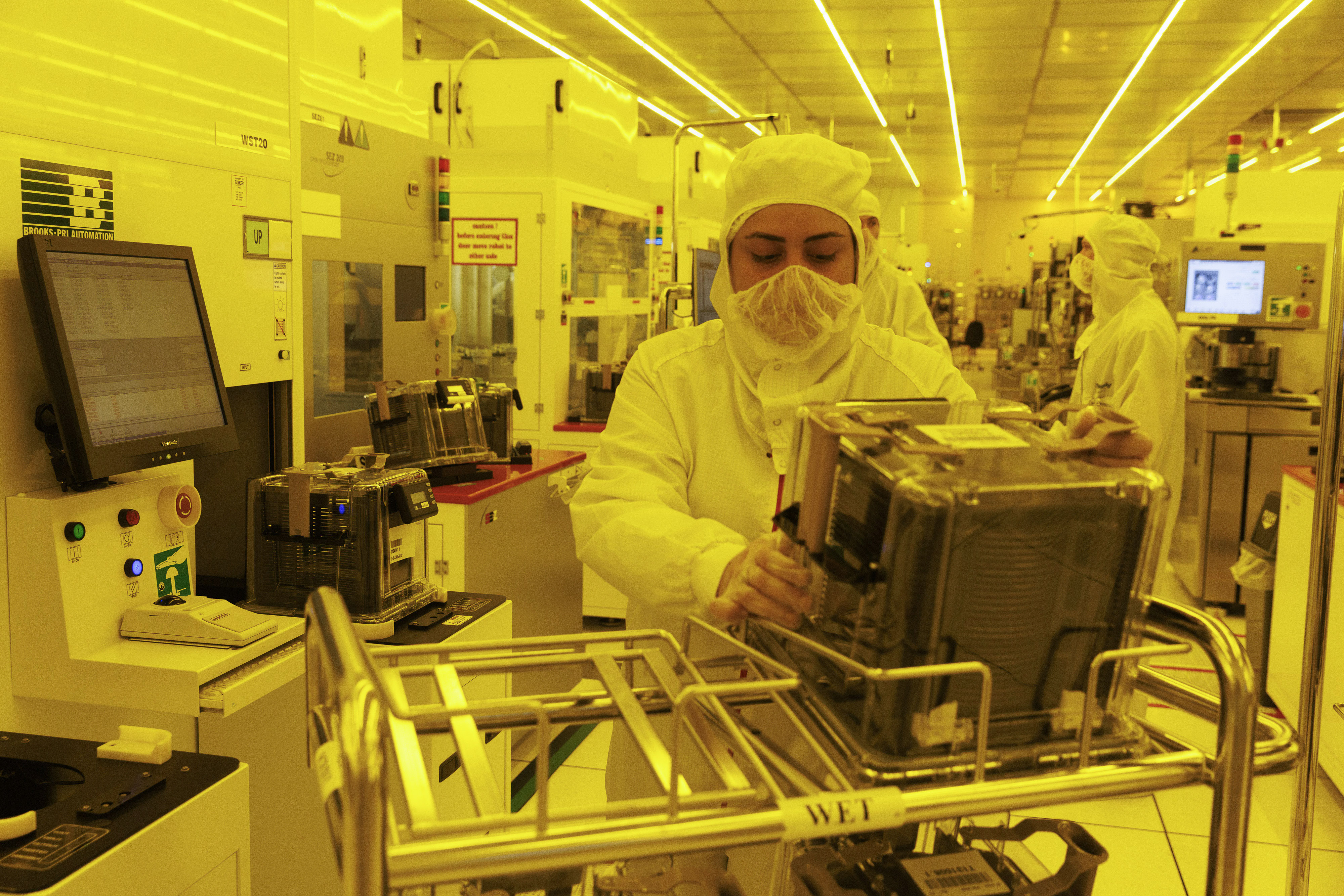The Middle East Institute (MEI) is pleased to invite you to an expert panel previewing the 2024 technology landscape, focusing on the Middle East’s contributions, concerns, and how the region is being affected. The discussion will revolve around emerging technology trends and associated risks likely to dominate next year, from the rise of increasingly convincing generative Artificial Intelligence to more prevalent use of smart sensors to the impact of dual-use technologies and beyond. How do these new technologies impact the ongoing U.S.-China “Technology Cold War,” and what are the ripple effects of this evolving rivalry on third countries, particularly in the MENA region? What opportunities do the latest technological advancements offer to the Middle East and the broader world, and what are the challenges? How do technologies like ‘deepfakes’, continually improving chat bots, machine-generated imagery and advanced photo editing, as well as improved surveillance shape and shift regional conflict narratives?
Speakers
Alicia Chavy
Non-resident Scholar, Middle East Institute
Rishi Iyengar
Global Technology Reporter, Foreign Policy magazine
Suhayla Sibaai
Non-resident Scholar, Middle East Institute
Mohammed Soliman, moderator
Director, Strategic Technologies and Cyber Security Program, Middle East Institute
Detailed Speaker Biographies:
Alicia Chavy is a non-resident scholar within the Strategic Technologies and Cyber Security Program at the Middle East Institute, where she focuses on policy and national security implications of critical technologies, such as AI, quantum innovation, and cybersecurity.
Rishi Iyengar is a reporter at Foreign Policy, covering the intersection of geopolitics and technology. Prior to joining FP, he spent six years at CNN Business as India editor in New Delhi and a technology writer in San Francisco, as well as two years reporting for Time magazine from Hong Kong. He received a bachelor’s degree in political science from Fergusson College in Pune, India, a master’s degree in journalism from Columbia University, and is an alumnus of the Young India Fellowship.
Suhayla Sibaai is a Non-Resident Scholar with the Strategic Technologies and Cyber Security Program at the Middle East Institute, where she focuses on the nexus between U.S. foreign policy and emerging technologies and cybersecurity. Currently, Ms. Sibaai collaborates with Five Eye partners to develop strategic alignment and resilience in the realms of cybersecurity and critical infrastructure. In her previous role, she served as a Foreign Affairs Officer with the U.S. Department of State's Bureau of Near Eastern Affairs/Arabian Peninsula, stationed at the U.S. Embassy in Riyadh, Saudi Arabia. In this capacity, she managed a multimillion-dollar portfolio of critical infrastructure protection and international security capacity-building projects between the U.S. Government interagency and the Kingdom of Saudi Arabia.
Mohammed Soliman is the director of the Strategic Technologies and Cyber Security Program at the Middle East Institute, where he leads a global team of scholars to explore the policy challenges associated with the intersection of technology, geopolitics, and business in the Middle East and emerging markets more broadly. He is also a visiting fellow with the National Security Program at Third Way. Mr. Soliman has written for or been quoted by The Financial Times, The Wall Street Journal, The Economist, USA Today, Foreign Policy, Foreign Affairs, and The National Interest, and has appeared on the BBC, France 24, and Deutsche Welle. He frequently speaks at conferences and has authored numerous journal articles and book chapters on emerging markets, geopolitics, and global technology policy.
Kobi Wolf/Bloomberg via Getty Images












